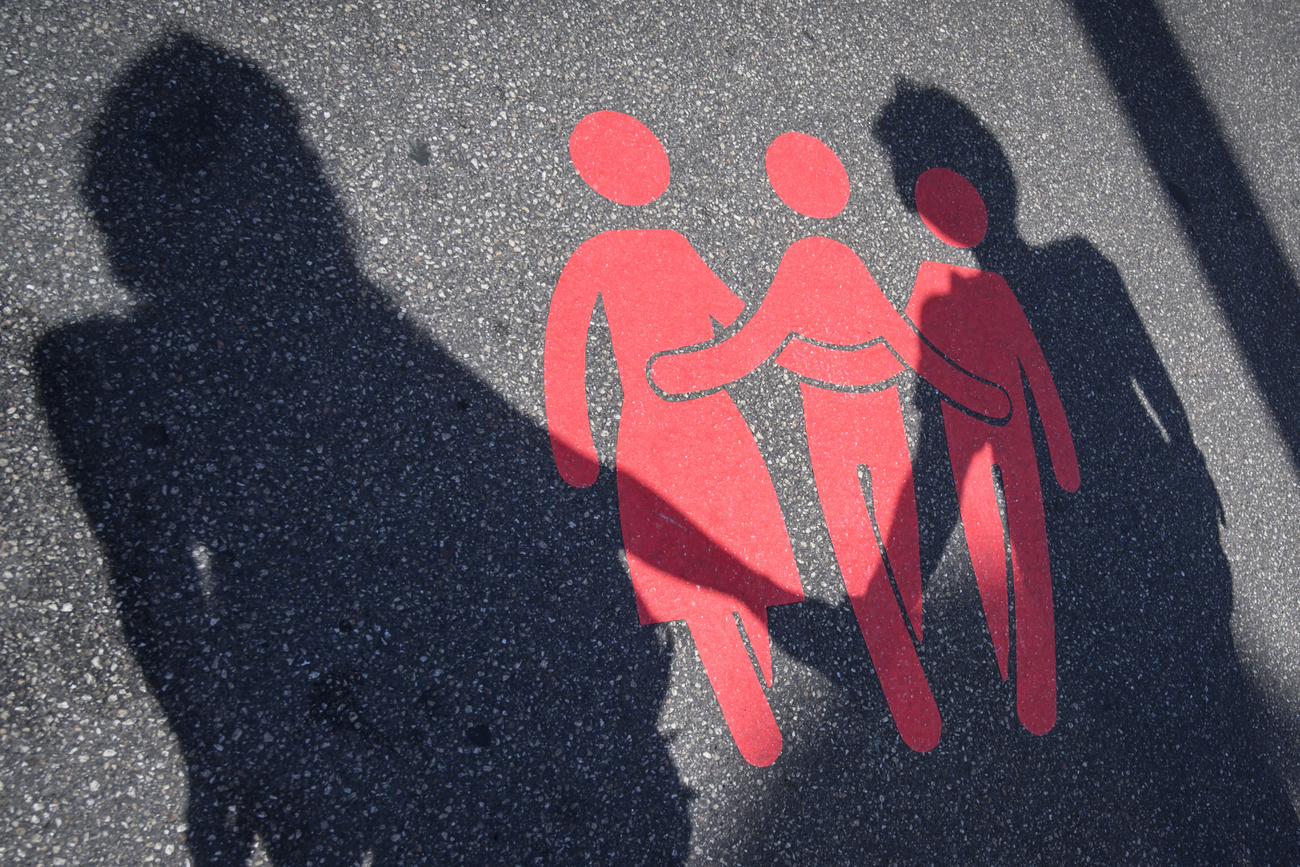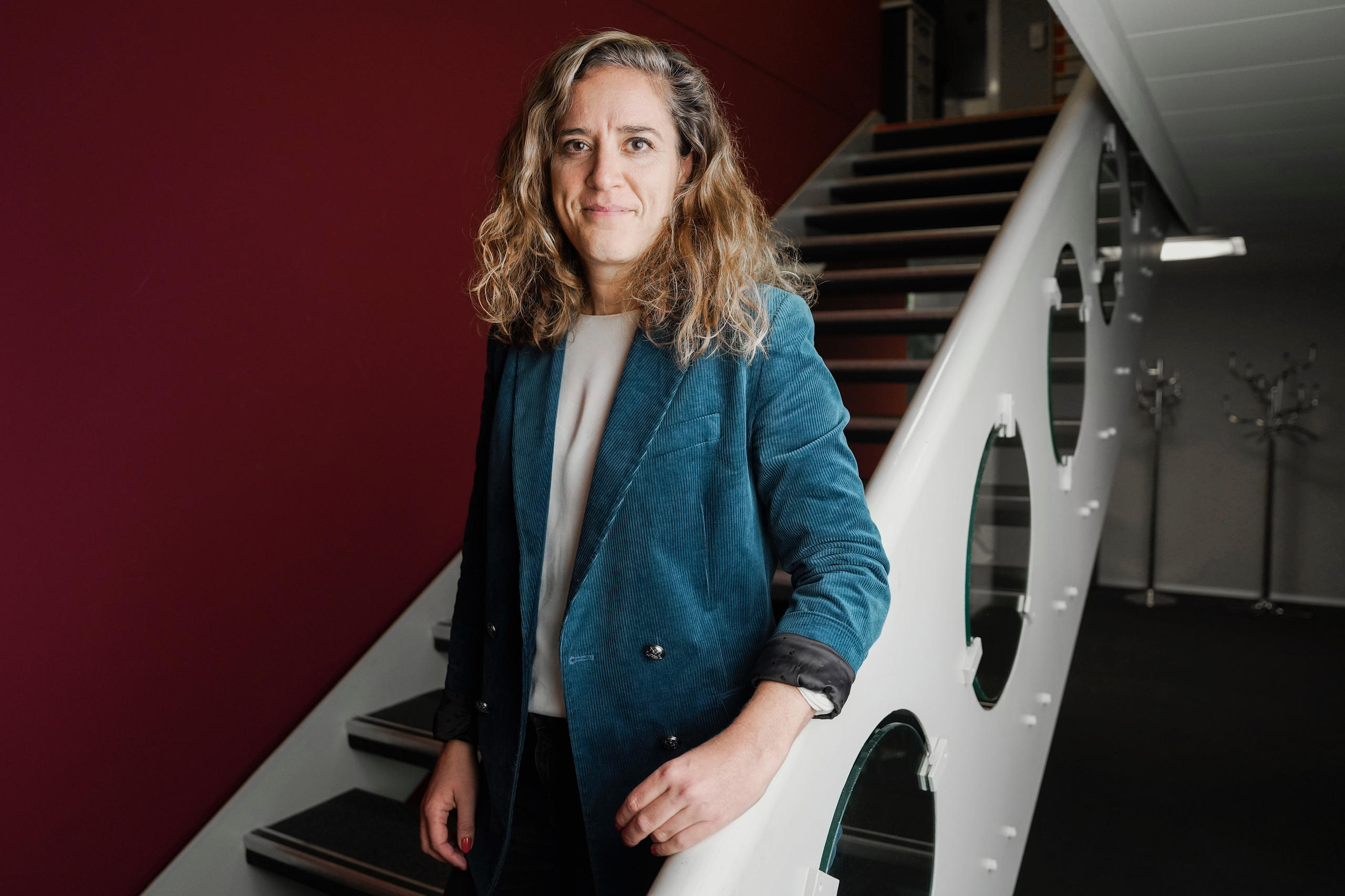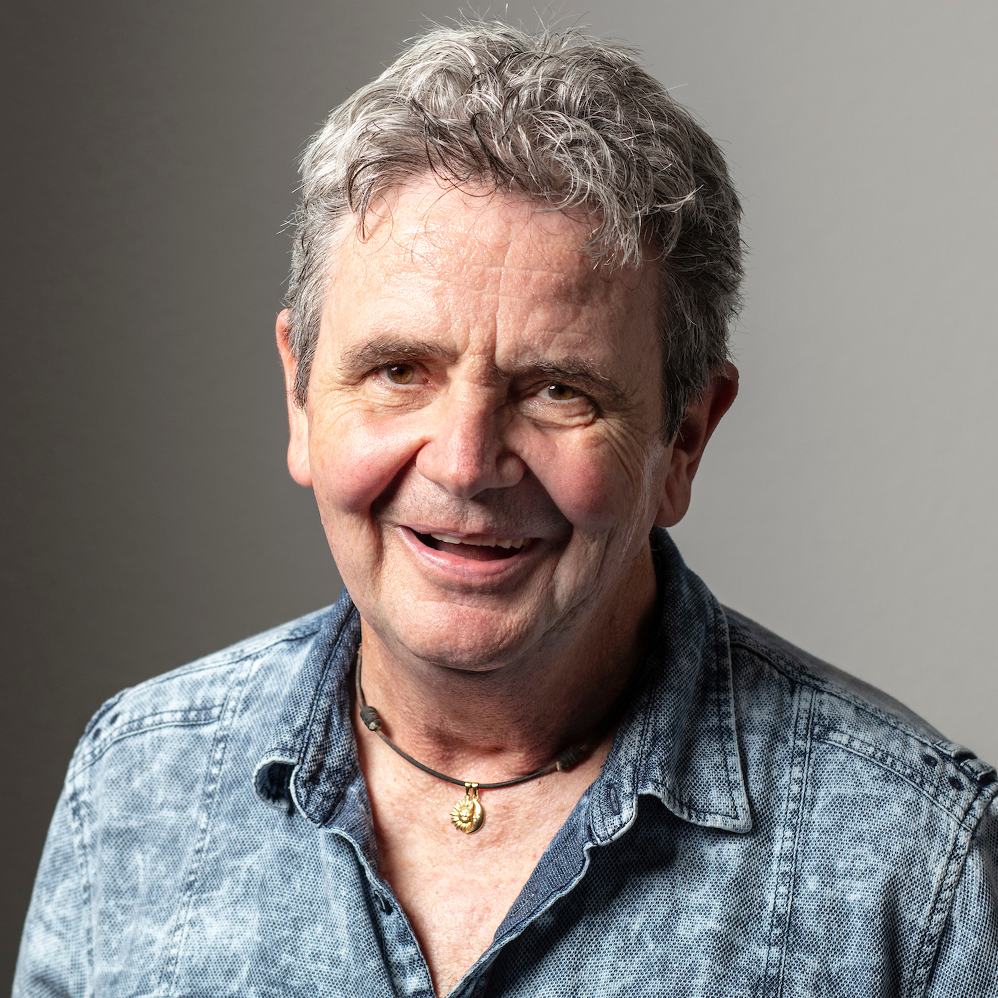
Switzerland Today
Dear Swiss Abroad,
The world is full of impossible questions: Is there life elsewhere in the universe? What does my partner want for Christmas? The former might, however, have an answer, reckons one of the most successful members of the Swiss Abroad community: NASA science chief Thomas Zurbuchen.

In the news: The Swiss government has rejected the idea of introducing a third gender option or no-gender option for official records, a position which differs from that of some neighbouring countries.
- Responding to two proposals from parliament, the government said today that “the binary gender model is still strongly anchored in Swiss society. The social preconditions for the introduction of a third gender or for a general waiver of the gender entry in the civil registry currently are not there”. The government explained that such options would require “numerous” changes to the Swiss Constitution and to laws both at the national level and in the country’s 26 cantons. Unlike neighbouring Germany and Austria, people in Switzerland are entered into the civil registry as male or female, with no other option.
- The Swiss government has agreed to cut power consumption in line with the European Union but will not impose a windfall profits tax on utilities that use fossil fuels. Switzerland will embrace on a voluntary basis the goal of reducing electricity consumption by 10% from January to March 2023 and in November and December 2023 compared to the average of the last five years.
- Swiss International Air Lines (SWISS) is to resume the recruitment and training of new pilots from 2023 after a two-year Covid-related freeze. Last month SWISS said it aimed to hire 1,500 new staff to keep up with surging demand for flights after the lifting of Covid lockdowns.

One of the most successful members of the Swiss Abroad, Thomas Zurbuchen, expects major changes in our understanding of the universe in the next 20 to 30 years. The retiring science chief at NASA believes there is also a “significant chance of finding life outside Earth” in this time span.
Zurbuchen told Swiss public television, SRF, last night that extra-terrestrial life could be possible on Jupiter’s moon Europa (pictured), where NASA researchers suspect an ocean exists under a layer of ice. “If there are traces of life on Europa, it will change the whole discussion about life in the universe,” he said.
Zurbuchen was born in 1968 in Heiligenschwendi near Thun, central Switzerland, and studied physics and mathematics at the University of Bern. He later went to the University of Michigan in the US and in 2016 to NASA, the US space agency, where he was responsible for more than 100 scientific missions.
He is stepping down at the end of the year after more than six years at the head of the NASA research team. “Over the years, our NASA team has reached unimaginable goals that have strengthened the programme. Now is the time for change, and the opportunity to give other great leaders the chance to push the boundaries and take our programme to new heights,” he said in September.
More

Nina Burri does not see herself as an activist. Yet the lawyer is taking on one of Switzerland’s biggest Swiss companies, the cement producer Holcim, with a climate lawsuit that may prove difficult to win.
Burri, 39, may not be a run-of-the-mill climate activist, but she has always believed in fighting for a cause. As a teenager she wanted to become a war correspondent, while in later years, the battle for justice helped shape her career. She ended up working in international criminal law and prosecuted war criminals for the International Criminal Court in The Hague.
Today, she teaches international law at the University of St Gallen. Like her opponents in the climate case against Holcim, she could probably find a job in a flashy law firm inside Zurich’s Prime Tower. However, Burri has opted for the other side. In this article she explains why.

In compliance with the JTI standards
More: SWI swissinfo.ch certified by the Journalism Trust Initiative

